Building Resilience Through Women's Groups: A Discussion of Why Psychosocial Factors are Critical for Their Success
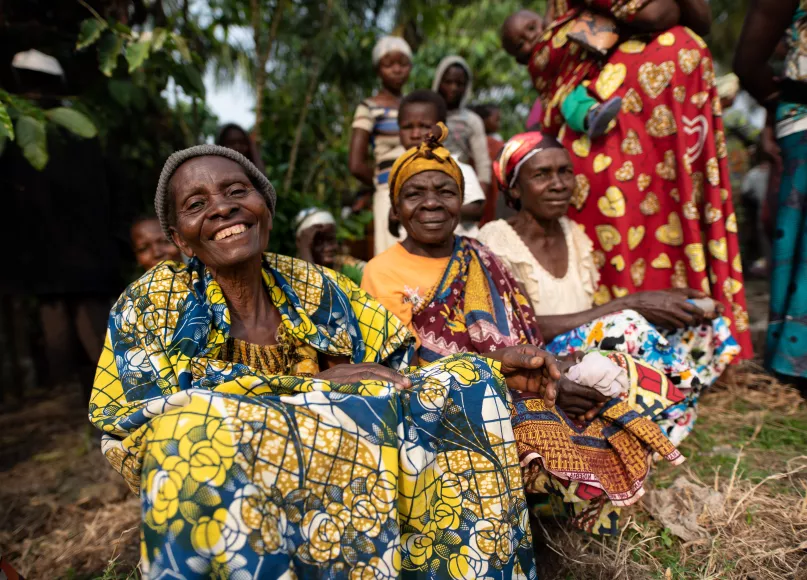
This event, hosted by FinEquity and the Resilience, Evaluation, Analysis and Learning (REAL) Associate Award, creates space and time for practitioners, researchers, and donors to think critically about the role women’s groups may play to build resilience.
Through a panel discussion and facilitated participatory breakout sessions, the event seeks to draw on both the evidence review and concrete experiences to deepen participants’ understanding of the ways in which women’s groups can facilitate their members’ and their households’ capacity to be more resilient in the face of shocks and stresses.
Self-help groups and women’s groups, more broadly, have been posited as a promising approach to build resilience. Evidence drawn from a range of sources and geographies shows that women’s groups can have a substantial positive impact on members’ psychosocial capacities such as social capital and women’s individual and collective empowerment. Moreover, the review strongly suggests that it is the combination of psychosocial and economic factors that are facilitated through women’s groups that strengthen members’ and their households’ capacity to be more resilient in the face of shocks and stresses. Yet questions remain about how practitioners and donors can more intentionally design, implement, and invest in women’s groups to synergistically facilitate psychosocial and economic factors. Similarly, there remain major gaps in our ability to rigorously measure and evaluate the ways in which women’s groups may be facilitating resilience.
For more information, please click here.
About this event
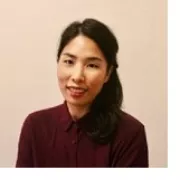
Jeeyon Kim
Jeeyon Kim is the Senior Researcher for Resilience at Mercy Corps, where she leads research related to resilience in fragile contexts. Her recent research focuses on migration and linkages between resilience and women’s empowerment, social connectedness, and food security.
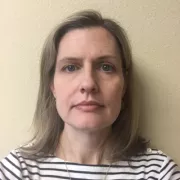
Megan Gash
Megan Gash has over 15 years of experience in international development research and evaluation in women’s economic empowerment, financial inclusion, youth financial services, and resilience, with an expertise in savings groups. She is adept at evaluating programs, using evidence to inform policy decision-making, and conveying findings to wide audiences. In 2013, the SEEP Network awarded her the title of Practitioner of the Year. Megan holds a Bachelor of Arts in International Relations from the University of California, Davis (UCD), and a Master of Arts in International Affairs from American University. She is currently pursuing a Ph.D. at UCD and works part-time as an independent consultant. Her dissertation research is on gender and resilience in the global south.
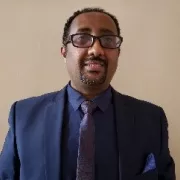
Ephraim Tsegay Kahsay
Ephraim Tsegay Kahsay has been a development practitioner for the past 20 years. He has been supporting local churches and Tearfund partners in Ethiopia in bringing about sustainable development and community transformation through church mobilization approach and Self Help Group Model for the past 13 years. Ephraim holds a B.A. degree in Educational Psychology, M.A. in Counselling Psychology, and MSC in Transformation and Learning from the University of Manchester and Staffordshire Universities.
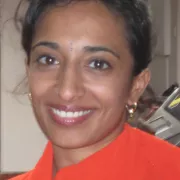
Vidhya Sriram
Vidhya Sriram is the Deputy Director- Global VSLA Team, CARE USA. Vidhya specializes in designing and implementing programs focused on targeting the specific needs, constraints, and capabilities of women and girls and marginalized populations in CARE’s programming. She manages CARE’s VSLA (Village Saving & Loan Association) 2030 strategy scale up. Her expertise in working across programmatic areas to transform broad organizational goals into practical solutions. She has over 12 years of experience designing, managing, and fundraising for CARE’s emergency and food and nutrition security portfolios. She has worked with over 30 CARE country offices and specializes in supporting the design of integrated programs that build on CARE’s global experience and ongoing initiatives. Vidhya is originally from India and holds a master’s degree in Public Policy from the LBJ School of Public Affairs.